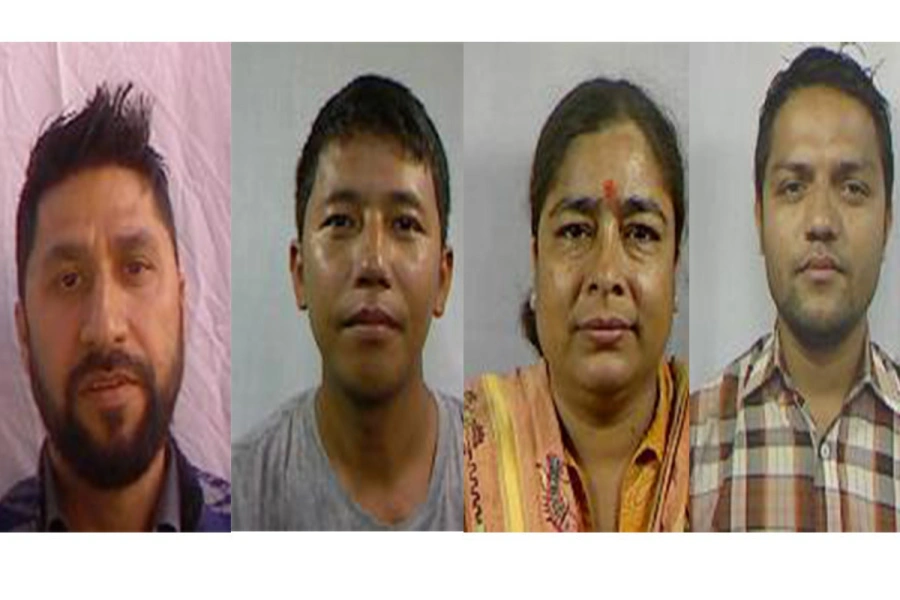KATHMANDU, Feb 25: The Constitution of Nepal, despite guaranteeing the right to housing, has failed to prevent forceful evictions, violating human rights.
In a recent debate organized by the International Tribunal on Evictions (ITE), the participants pointed out that the root cause of forced eviction of landless and informal settlers along the corridor of the Bagmati River is the developmental project initiated for Kathmandu’s urban beautification.
However, settlements are forcefully evicted without consulting with residents, leading to widespread violations of human rights due to the lack of coordination among local, provincial, and federal governments. The issue of eviction has become a political agenda, raising concerns for votes only at the time of elections.
After a month-long study, a government task force formed to study the issue of squatters prepared a report, identifying 3,496 slum dwellers in the Valley across 20 wards and 27 settlements in Kathmandu, Lalitpur and Bhaktapur.
Taxing dissatisfaction: Revenue Tribunal overwhelmed with taxpa...

To address this, the High Powered Committee for Integrated Development of the Bagmati Civilization had formed a task force under the coordination of board member Birendra Thapaliya on February 28, 2022.
According to the report, there are 40 squatter families in Devinagar of Kathmandu Metropolitan City, 36 in Shanti Binayak, 150 in Shankhamul, 143 in Thapathali, 193 in Banshighat, 6 in Dhumbarahi, 14 in Baluwatar, 147 in Khadipakaha, 32 in Narayan Tole, 10 in Ranibari, 23 in Anamnagar, 411 in Jagran Marg Balkhu, 114 in Jadibuti, 123 in Jagurt Marg, 75 in Buddha Jyoti, 19 in Dikure, 476 in Shantinagar, 35 in Sangam Tol, 162 in Garigaon and 46 families in Swayambhu.
“Three large buildings have been built under the Ministry of Urban Development to accommodate 300 families in Ichangu Narayan Municipality. In 2061 BS, the government thought of giving Ichangu Narayan flats to the squatters of Kathmandu, but there is no official decision regarding it,” one of the participants said, “Also, it has not mentioned specifying the apartment built for informal settlers rather it is focused to provide access for all.”
The participant has criticized the government for not effectively planning to address the issue of evictions faced by informal settlers and landless groups.
“The Constitution of Nepal, 2015, recognizes the right to housing, providing guarantees under Article 37, which includes the right to appropriate housing for every citizen and protection from eviction unless in accordance with the law,” the participant said, “However, this protection is limited to those who own the house or land they occupy, excluding renters.”
The international human rights law prohibits forced evictions without due process, including consultation with affected communities, prior notice, legal remedies, compensation and alternative housing.
The ITE, in its comprehensive recommendations, calls for a moratorium on forced evictions and emphasizes enhanced recognition of inhabitants’ rights, access to information and justice and incorporation of housing rights into climate change and strategies.
Participating in the World Social Forum 2024 themed ‘Another World Is Possible’, the ITE urged social organizations to mobilize their support on provided recommendations. The ITE stressed the need for concerted efforts from all stakeholders to protect vulnerable populations and create inclusive, sustainable communities worldwide.







































